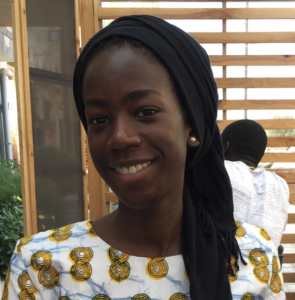 Fatou Mbacké Sy is a Senegalese, and holds a Bachelor of Arts degree (B.A) in Anthropology and an MPH. Fatou is a project coordinator at ENDA Santé, an international NGO, created and based in Senegal, but present in over 10 countries in West and Central Africa. She has extensive experience in HIV/AIDS programming and research, and has overseen the implementation of multiple studies and projects in HIV epidemiology, stigma mitigation, and human rights at a regional level. Fatou is an advocate of holistic and adapted problem solving, stakeholder empowerment primarily through capacity building, more importantly, ensuring access to quality healthcare, and providing people with the tools and resources to make health decisions and be productive agents of their own development.
Fatou Mbacké Sy is a Senegalese, and holds a Bachelor of Arts degree (B.A) in Anthropology and an MPH. Fatou is a project coordinator at ENDA Santé, an international NGO, created and based in Senegal, but present in over 10 countries in West and Central Africa. She has extensive experience in HIV/AIDS programming and research, and has overseen the implementation of multiple studies and projects in HIV epidemiology, stigma mitigation, and human rights at a regional level. Fatou is an advocate of holistic and adapted problem solving, stakeholder empowerment primarily through capacity building, more importantly, ensuring access to quality healthcare, and providing people with the tools and resources to make health decisions and be productive agents of their own development.
What are some of the biggest challenges you have faced? How did you overcome them? What are some of the lessons learnt?
The biggest challenges I have faced in my professional career have been navigating difficult working environments, particularly related to difficult collaborations with colleagues or partners to achieve a set goal. Over the years, I have learned to take a step back and invite the other party to come together to identify the main issue, and find solutions that will allow us to move forward in a productive manner. Through these experiences I was able to improve my interpersonal skills, and learn to better work in a team. I have also learned to be more assertive, defend the value of my ideas and my work in contexts where I can easily be dismissed as I am often the youngest, and the only woman and/or person of color.
What are some of the opportunities you see for women in health on the African continent?
Here I would like to highlight two things: 1) We still face many challenges on the African continent– ranging from poor access to basic service (namely clean water and sanitation), quality education and healthcare, to grave infringements of women’s rights and lack of empowerment. These enduring factors combined, threaten our health and wellbeing, which means that our communities continue to be vulnerable. 2) Understanding the context in which social and health issues not only arise but persist is key to efficiently addressing them.
Woman both as healthcare workers and as members of their communities are therefore vital players at all levels– community, research, programmatic, and policy– to build resilience by reducing vulnerability in a sustainable way. This also means that there are endless opportunities to seize and create, as well as innovative and tailored solutions to be found in, and places African women at the heart of it all.
What advice do you have for other women in health?
To other women in health, I would advise them to find more than one mentor. The value of having a trusted adviser to guide and empower you is undeniable. However, I believe that it is important to recognize that one person alone cannot have all the knowledge, experience, ability or even the time to advise you on all aspects of your professional life. Having several mentors, who have had different experiences, and chose different paths, can offer you a wealth of advice coming from different perspectives, which is important. There is not just “one way” nor a “one-size fits all” when it comes to life and careers, and having several mentors can help you find what works for you.

Leave a Reply